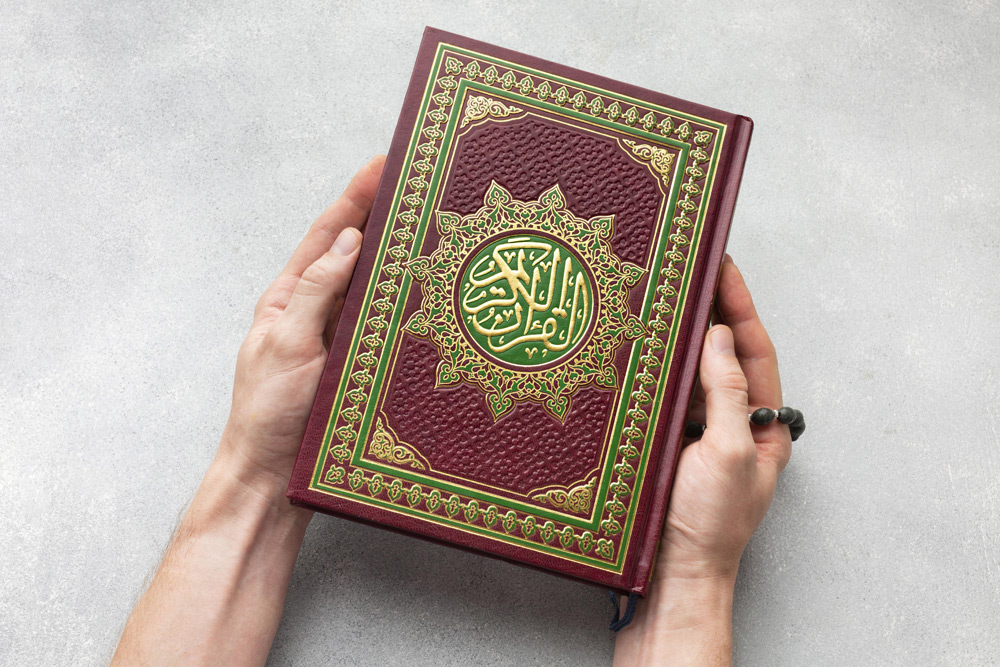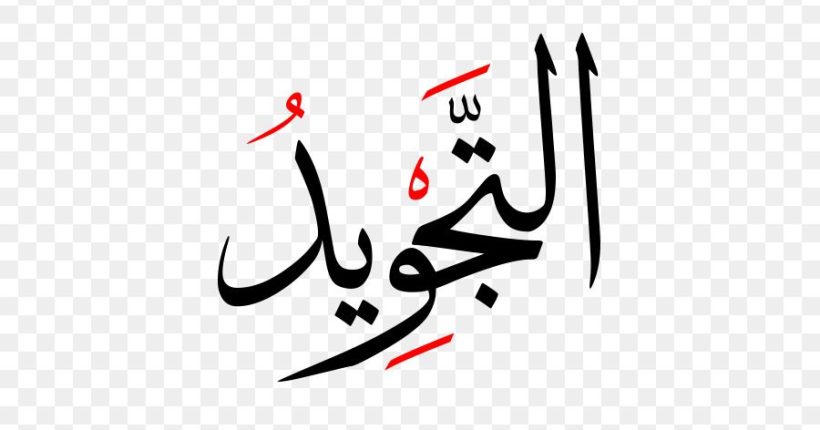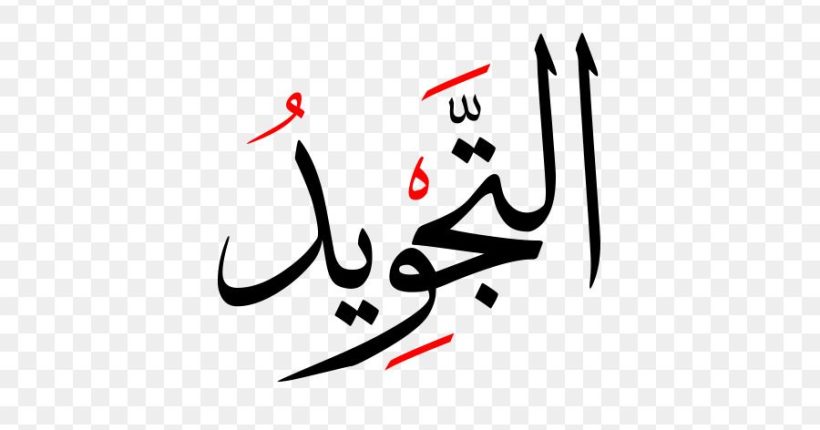Is it now time to disclose one of the most amazing secrets about reciting the Quran? Ever wondered what is qalqalah in tajweed? Well, you are in the right place. This detailed guide will take you through this important rule of tajweed step by step.
By the end, not only will you understand it, but you’ll also be able to practice it with confidence.
Whether it be for the absolute beginner or for someone who wants refinement of one’s recitation, this will act as your roadmap.
And yes, we’ll even sprinkle some tips and tricks in to make your learning journey engaging-because why should tajweed be boring?
Fundamentals of Tajweed You Should Know
If you wonder what is qalqalah in tajweed, first, you need to know what tajweed is: it is the set of rules that assure proper Quranic recitation, including:
Makharij (Articulation Points): Where each letter originates in your mouth or throat
Sifaat: qualities or characteristics of each letter that make it unique
Rules like Ghunnah, Madd, and Qalqalah
Without it, reading the Quran would be understandable, but would not be melodious and correct.
What is Qalqalah in Tajweed?
what is qalqalah in tajweed? Qalqalah is a rule applied to five particular letters when they are in the state of sukoon. These letters should be pronounced with a small echo or bounce in order to make the pronunciation clear.
Think of it as a trampoline: the letter lands on sukoon and bounces back with energy!
Without this bounce, your recitation may sound muffled, which is why mastering qalqalah is important.
The 5 Qalqalah Letters and their Sounds
So, which letters get this special treatment? There are five qalqalah letters, remembered by قطب جد (Qaaf, Taa, Baa, Jeem, Daal):
ق (Qaaf) – deep “k” sound
ط (Taa) – heavy “t”
ب (Baa) – gentle “b”
ج (Jeem) – soft “j”
د – Daal – crisp “d”
Whenever these letters take sukoon, they require a bounce.
Types of Qalqalah: Minor, Medium, Major
Not all bounces are created equal. There are three types:
Qalqalah Sughra (Minor Bounce): Letters in the middle of the word. It is subtle, like an echo.
Qalqalah Mutawassita (Medium Bounce): stronger but not full.
Qalqalah Kubra (Major Bounce): End of word or verse. Strong and clear.
Appropriate usage of these types will make your recitation sound natural and professional.
Word-for-Word Examples from the Quran
Let’s make it practical! Here are some examples to practice:
| Word | Qalqalah Letter | Type | Pronunciation Tip |
| يَقُولُ | ق (Qaaf) | Medium | Bounce gently |
| مُطْمَئِنٌّ | ط (Taa) | Major | Strong bounce at end |
| دُبُر | ب (Baa) | Minor | Subtle bounce mid-word |
| جَدٌّ | ج (Jeem) | Major | Clear, sharp |
| قَدْ | د (Daal) | Major | Crisp at end |
Practice these with a Quran app or audio recitations. Recording yourself will also allow you to notice the bounce and refine your technique.
How to Pronounce Qalqalah Correctly
Tips for perfect qalqalah:
Relax your throat: don’t force the sound
Go slow to begin with: Concentrate on accuracy
Amplify at the end, especially for Qalqalah Kubra.
Compare with experts: Online courses or apps
Common Mistakes Learners Make
Even very advanced learners stumble over these mistakes:
Ignoring sukoon
Bouncing non-qalqalah letters
over-bouncing, sounds artificial
Confusing qalqalah with ghunnah
Remember: Consistency and attentive listening are your best friends.
Exercises to Master Qalqalah
Here’s a quick Exercises to train your bounce:
Identify qalqalah letters in verses
Underline sukoon positions
Recite slowly, stressing the bounce:
Record & compare with expert reciters
Repeat daily (15–20 minutes)
Pro Tip: Make it fun! challenge yourself like a game. How clear can you bounce the letter Qaaf today?
Benefits of Learning Qalqalah Properly
Mastering qalqalah is not just a technical exercise but rather a gateway to improving your entire experience in Quranic recitation. While it might seem like a small rule, the benefits to learning it correctly are enormous. Let’s break it down:
1. Accomplish Accurate Quranic Recitation
One of the most immediate benefits of learning what is qalqalah in tajweed properly is that it brings about accuracy.
Qalqalah ensures that the five special letters (Qaaf, Taa, Baa, Jeem, Daal) are pronounced clearly whenever they have sukoon. Mispronouncing them can sometimes change the meaning of words or make verses harder to understand.
With the correct application of qalqalah, every word comes out clear and sharp; no muffled or hushed tones, and no “oops” when reciting. Consider the difference it makes between a plain whisper and a crystal-clear announcement: clarity counts!
2. Improve the Melody of Your Recitation
Here’s a secret: the Quran is supposed to sound melodic. Those subtle bounces from qalqalah add rhythm and musicality to your recitation.
It takes time to master, at which point your recitation can flow naturally, making it more enjoyable for you and your listeners alike.
3. Establish Confidence in Public Recitation
Be it a school Quran competition, a gathering, or leading prayers in mosques, correct qalqalah pronunciation gives one confidence. You no longer fumble over tricky letters since you know exactly how to pronounce them.
Imagine that you have to recite in front of a group, feeling every bounce land perfectly. People will notice clarity; you can be proud of your mastery.
4. Deepen Spiritual Connection
Reciting the Quran is not just about the words; it is an act of worship. So when you apply qalqalah correctly, you are reciting correctly according to the rules of tajweed, which again is highly recommended in Islam.
Proper recitation allows you to reflect upon the meaning of the verses without distraction.
5. Avoid Common Errors That Affect Understanding
Sometimes, mispronounced letters can completely change the meaning of the verse. A qalqalah letter may be thought to be a non-qalqalah one, or the bounce itself may be too slight to be detected.
Accurate learning saves from such minor mistakes and keeps your Quran recitation natural and correct.
6. Support Long-Term Memorization (Hifz)
Qalqalah plays an important role for the one who is memorizing the Quran. Correct pronunciation of letters helps you retain correct verses in your memory. And in fact, with time, it will become second nature and reinforce your memorization automatically.
In short, Qalqalah is not just sound; it is about engraving the Quran in one’s heart and mind.
How Tareequl Jannah Can Help You
Struggling with tajweed? Want your recitation to shine? Tareequl Jannah offers:
Online interactive classes for all levels
Expert instructors guide every step.
Structured syllabus that encompasses all tajweed rules, including qalqalah.
Practical exercises and feedback to perfect your bounce
Join now and commence your journey towards faultless Quran recitation!
Register for Tareequl Jannah Courses
FAQs
Q1: Can beginners learn qalqalah easily?
Yes, it can be mastered even by beginners within weeks with proper practice and guidance.
Q2: How do I know if my qalqalah is correct?
Record your recitation and compare it with certified reciters. Online courses will give immediate feedback.
Q3: Are all letters qalqalah letters?
No, only Qaaf, Taa, Baa, Jeem, Daal.
Q4: Can I learn qalqalah online?
Of course! Platforms such as Tareequl Jannah They offer interactive courses for beginners and advanced learners.
Q5: Does qalqalah matter in Salah?
Correct recitation guarantees clear comprehension and spiritual effect of the prayers.
Q6: How long does it take to master qalqalah?
With daily practice along with guided lessons, a beginner can attain proficiency within 4–6 weeks.
Conclusion
Now you know what is qalqalah in tajweed, the letters, types, common mistakes, exercises, and benefits. But knowledge isn’t enough; you need to practice. Take your Quran recitation to the next level.
Enroll today in Tareequl Jannah and let expert teachers guide you on how to perfect tajweed and beautiful recitation. Let’s not just read about Qalqalah, master it and experience spiritual joy in correctly reciting the Quran! Start Learning Qalqalah Today!



